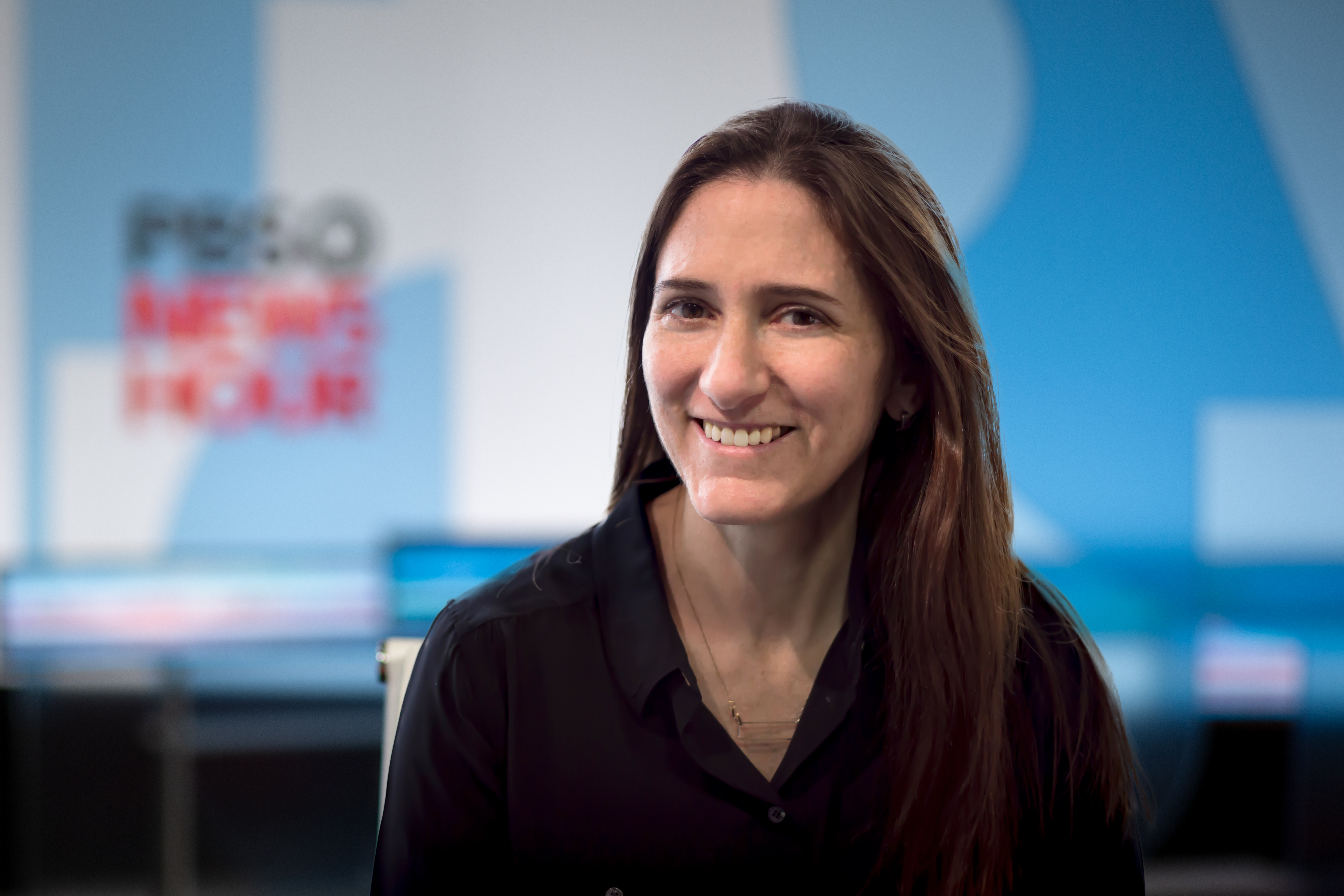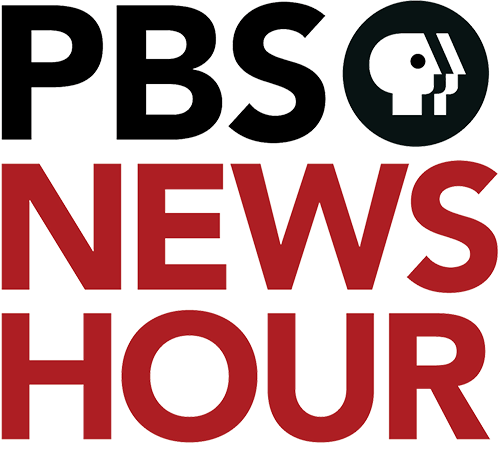Founder’s Note: Here’s what’s coming…
Summer is here, cicadas are showing up on DC’s weather radar, and most of us are straggling across the school year finish line exhausted and burnt out. So I wanted to share where I’m getting my energy and hope these days: student storytelling and SRL special projects.
Today’s Founders Note is my take on “here’s what’s coming soon” guides you get from Netflix and Disney+. Sure, watch the new Space Jam or Friends reunion, but I implore you to also watch “Disrupted: How COVID-19 Changed Education” next week on PBS and download our new teen-hosted mental health podcast “On Our Minds with Noah and Zion.”
“Disrupted” is an hour-long special looking back at an entire year of school in the pandemic that will be broadcast on many local PBS stations starting June 16. If you are a teenager, have a teenager in your life, or care about education, tune in. (You can also watch it on YouTube.)
The show weaves together stories and conversations by and for teenagers, scenes from hectic households across the country, heart-to-hearts between teachers and struggling students, a round table of social media influencers, and the new Secretary of Education Miguel Cardona answering questions from the Student Reporting Labs network. Each section is the result of SRL’s youth media producers co-producing and designing content with students.
One of the most fun segments is an explainer about the $123 billion in the American Rescue Plan that is headed to schools. Student Gracie Napuapomaikaikuikalealoha Farias of Hawai’i explains who will decide how to spend the money and urges everyone to look at their school boards to see, and possibly influence, future priorities. (Talk to me long enough and I’ll bring up school boards.)
There are several moments in “Disrupted” that made me teary. One is a conversation between the hosts of SRL’s new podcast, “On Our Minds with Noah and Zion,” and school counselor Edith Porter who talks about the mental health pain she’s seen this year. Zion asks, “How does that affect you, hearing all those kids’ stories?” and Ms. Porter looks so touched as she thanks Zion for asking. It is a moment that demonstrates how media work helps storytellers be empathetic and present in the moment, something we’re all trying to be these days. This is authentic social-emotional learning.
“Life is hard. Really hard. And hearing stories about what other teens are going through and how they’re getting better. It helps.” – Noah and Zion
Hosts Noah and Zion have brought me to tears a few times. At the end of a press interview with Michigan Public Radio, Noah revealed the depression he’s experienced this year. “I have passions, I love doing this podcast, I want to do well in school, I want to have a future,” he tells the reporter. “Hearing other people going through it has helped me as I hope it helps other people who do listen to the podcast.”
Now that there is light at the end of the pandemic tunnel, we’re all entering a new phase of mental health challenges. There is another podcast I’ve returned to a few times recently: Krista Tippett’s “On Being” interview with clinical psychologist Christine Runyan. It describes how the pandemic activated our stress responses, sending our nervous systems into overdrive and our bodies into a protective stance. Now that life is opening back up, our fight-or-flight response is scrambled, resulting in irritability, mood swings and general exhaustion: “the pandemic has disrupted our mind-body connection.”
One of the tips she has for coping is simply recognizing when we are having a stress reaction that doesn’t match our current circumstances. “When we can name, “Oh, this is anxiety,” or, “This is anxiety showing up as….” When we can just name it and put it out there, it brings our thinking brain back online. And we can begin to quiet our nervous system by leveraging our thinking brain, as well,” she explains.
The process of listening to teenagers talk about anxiety, depression and mental health is a key part of the naming for me, and I think it’s a really unique and powerful tool for when school reopens in a few months.
“We can have open conversations about race, about gender, about the pandemic, about mental health, about kindness, empathy, sympathy.” – Edith Porter
Elida Sanchez, a liaison for homeless youth in Orange County, CA, recently told me that she is very concerned about what will happen in the fall when school resumes and the traditional “how was your summer?” question becomes “how was your quarantine experience?”
“I worry that the floodgates will open for so many children who had really traumatic experiences,” she said. “Also those who are just starting to process what they’ve been through… It’s going to take a while.”
If I had a magic wand, students would use the voices of On Our Minds to help find the words to name what they’re experiencing: “oohhhh, this is like… Nicholas’s social anxiety, Ariana’s panic attacks or Asia’s depression… I’m not alone, these are understandable mental health changes in response to what we’ve/I’ve been through.”
So, please, download the podcast, send the “Disrupted” link to a friend, and give yourself space to feel. The podcast is the perfect content for car rides, doing dishes, and in my case, walking our dog, Luna, and trying to keep her from eating too many cicadas. Both “Disrupted” and “On Our Minds” are, to me, part of the healing process as we practice compassion for ourselves and empathy for those around us who are also recovering in their own way and on their own time.
 Leah Clapman created Student Reporting Labs as an experiment to engage middle and high school students with current events and reimagine public media for tweens and teens. Under her leadership, SRL has grown from 6 pilot sites to 165 schools in 48 states with partnerships extending from major media and online platforms to international education and youth initiatives.
Leah Clapman created Student Reporting Labs as an experiment to engage middle and high school students with current events and reimagine public media for tweens and teens. Under her leadership, SRL has grown from 6 pilot sites to 165 schools in 48 states with partnerships extending from major media and online platforms to international education and youth initiatives.






